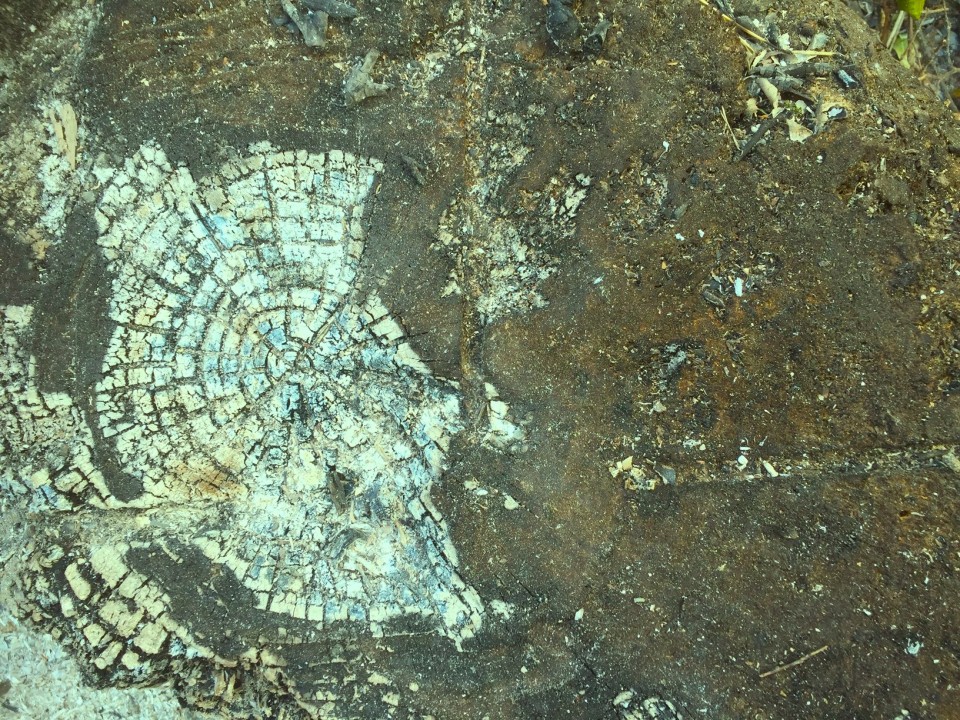Since the lockdown started four weeks ago, I have taken the time to read, listen and reflect on the impact of COVID-19 now and in the longer term. I have found the Jericho Conversations particularly thought provoking.
I have heard of hope that this crisis which is affecting the whole of humanity may be a turning point or a time zero. Hope that the inequalities, injustices and unsustainable activities in our society will change. Hope that we will continue to recognise our human vulnerability and how much we need each other. Hope that we will continue working together, connecting with our community and rebalance resources and power.
I have also heard caution: whilst the crisis is affecting all of humanity it is clear that its impact is being experienced very differently: frontline workers, parents with young children, people in small flats, gig workers, disabled and vulnerable people, people living in developing countries… Caution that many people are angry and resent the years of austerity which have left us unprepared to protect lives. Caution that this health crisis may be followed by food crises and a deep economic recession, which will ask further sacrifices. Caution that we may – when pushed – become more nationalist, more selfish.
I have heard scepticism too, that when all this is over, nothing much will change. That what we most want to do is go back to normal, to certainty and a life where we can plan again.
The truth is that our future is uncertain. That the best we can do now is getting prepared for what may or may not be next. That means getting comfortable with multiple scenarios, being flexible and open-minded. But more importantly, it means that we are agents in shaping our future. We need to pause and make time to reflect before we react to the challenges we face collectively next academic year. (Margaret Heffernan‘s new book “Unchartered” is a must read!)
As we are settling into another three weeks of lockdown and plans are in place for the remainder of this academic year, it is time to find peace and quiet, time to listen and time to imagine. This is hard in a University setting: we often act fast because we don’t want to be seen as not being able to change, we often have very little headspace between attending meetings and even the summer months feel frantic. But now is more important than ever to create the space for quality thinking, for listening to the many different voices, for experimenting, for connecting and laying foundations.
So, what would I do to create that space?
Setting an example: I would spend time listening to music, reading a novel, playing with the kids, meditating, gardening and would make it ok for people to do the same. Let EASE replace URGENCY to improve your thinking (Thinking Environment by Nancy Kline)
Trust people and be vulnerable: I would offer people the option not to attend a meeting if they felt unable to contribute; I would share my vulnerability and ask for help; and I would ask people to try new things out (like not doing “things we have always done”) and learn from them. (The Power of Vulnerability by Brené Brown)
Connecting people: I would introduce time to listen: a gathering of a maximum of 12 people, without an agenda and with no action list at the end; and I would seek out conversations with people who I don’t regularly speak with
Starting to think differently: I would challenge myself to think about what resources, talents, skills, infrastructure I have and what I could do with these riches (Frugal Innovation by Navi Radjou)
If you want to connect with me and spend some time thinking together, get in touch.


